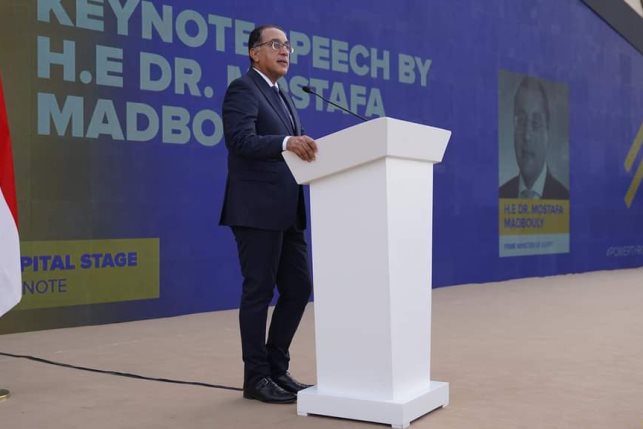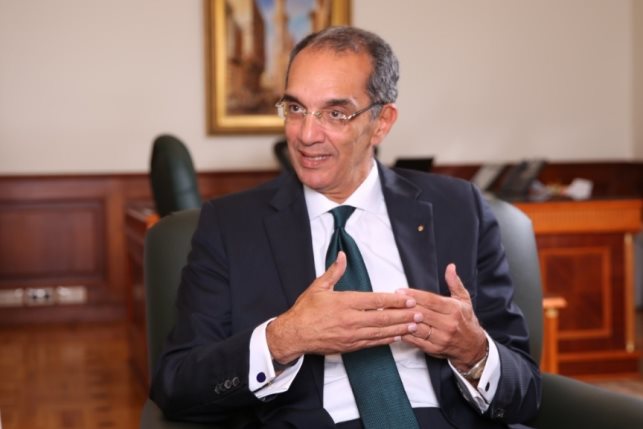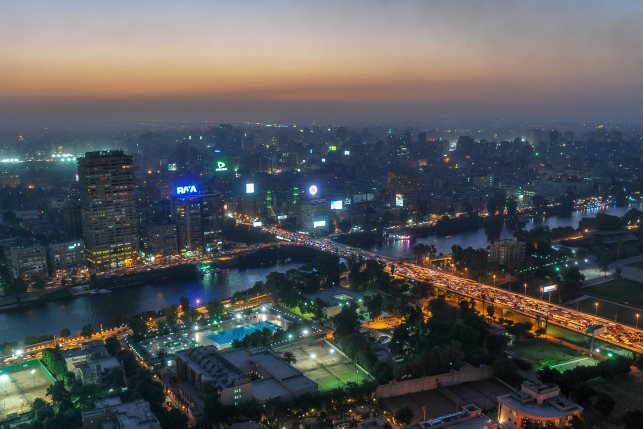Suez Canal Authority expands revenue sources beyond ship transit fees
The current annual production volume of fish and shrimp stands at around 1,500 tons.
 The Suez Canal Authority has experienced remarkable success in recent years - File Photo
The Suez Canal Authority has experienced remarkable success in recent years - File Photo
Egypt's Suez Canal Authority (SCA) is taking steps to enhance its revenues and diversify its sources beyond ship transit fees, aiming to attract foreign investments, according to Lieutenant General Osama Rabie, the head of the SCA.
During a press conference held at the SCA headquarters, Rabie highlighted that the authority will generate an annual income of up to $200 million through a ship waste recycling project in collaboration with Greece-based Antipollution company.
Two subsidiaries of the SCA will receive 12% of the project's profits, turning their financial situation around from losses incurred due to external events.
Rabie emphasized that the ship waste collection and recycling project will involve an exclusive 15-year contract with the SCA.
Mandatory fees will be imposed on vessels passing through the Suez Canal, similar to the practice in European ports, covering both solid and liquid waste.
The service will comply with Egyptian laws and European standards, with waste collected at designated areas in the Suez's north and south entrances before establishing two recycling plants.
Furthermore, as part of its plans to attract foreign investments, the SCA is collaborating with Encourage to launch the Encourage Industrial Complex for Petrochemicals on a one-million-square-meter land owned by the authority in Ain Sokhna.
This eco-friendly industrial complex will produce 812,000 tons of petrochemical derivatives from propane, marking the first project to combine plastics and petrochemical industries with investments reaching around $2.5 billion.
Rabie highlighted the economic benefits of the project, including a $750 million increase in foreign direct investment, export revenues of $1 billion to $1.5 billion during the first operational year, and the creation of 2,500 jobs, with 90% of them going to Egyptians.
The completion of the complex is expected within two years.
Regarding the partnership structure, Rabie revealed that the SCA will hold a 51% stake, while the private sector partner company will hold 49%. The land value will be evaluated and considered as part of the overall investment cost shared by the authority.
Additionally, the SCA is exploring several other projects, such as establishing a factory for container production and repair. It is also collaborating with the Ministry of Transportation and a foreign investor to establish a large shipyard with a capacity of 160,000 tons.
Furthermore, the authority aims to develop its three shipbuilding companies to keep up with changes and technology, as constructing a new shipyard requires significant funds that could be replaced by leveraging the authority's existing capabilities. Cooperation with Korea and Toshiba in this regard is currently underway.
Rabie highlighted the authority's expansion plans for ship supply services, aiming to increase the number of services from the current six or seven to around 25 services in the near future.
On another note, Rabie mentioned that the SCA has been working on developing the fish farming company, which currently operates around 685 ponds for fish and shrimp production. Each pond now covers an area of two acres, compared to the previous size of one acre.
The current annual production volume of fish and shrimp stands at around 1,500 tons, and the authority aims to double it by the end of the coming year.
In addition to these initiatives, the Suez Canal Authority has experienced remarkable success in recent years. The expansion of the canal in 2015 has significantly increased its capacity, allowing for larger vessels and improving the efficiency of maritime trade between Europe and Asia.
The increased revenues from ship transit fees have contributed to the development of infrastructure projects and the strengthening of Egypt's economy. The SCA's efforts to diversify its revenue sources and attract foreign investments demonstrate its commitment to long-term growth and sustainability, positioning Egypt as a key player in global trade and investment.





